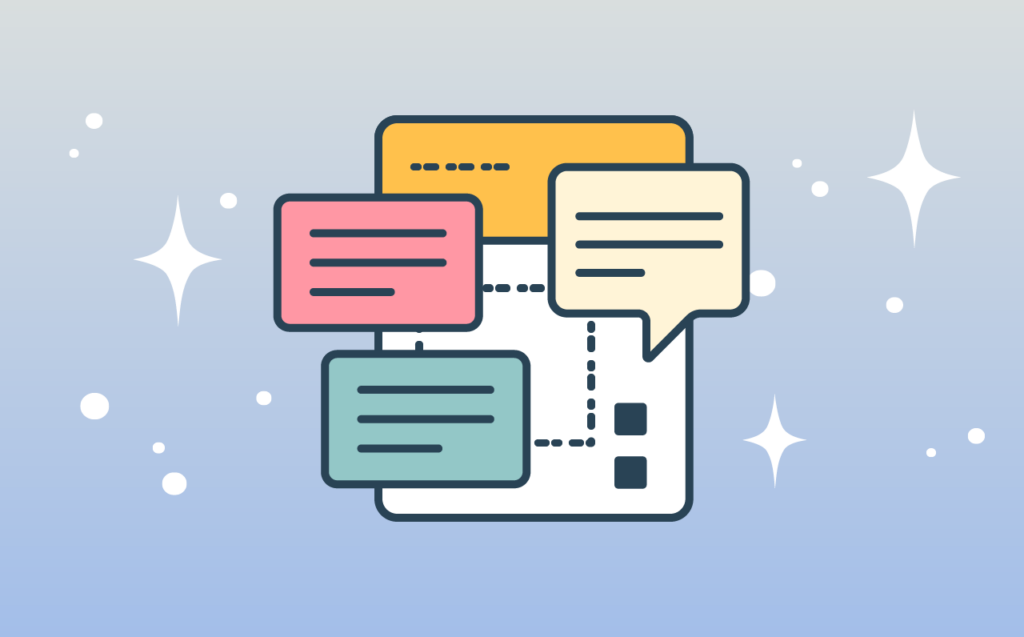On the surface, it often seems as though payers and providers are at odds—more like oil and vinegar than yin and yang. But as we learned during a recent Behavioral Health Tech webinar featuring voices from both the payer and provider sides of the healthcare equation, they have more in common than meets the eye—especially when it comes to how they perceive the benefits of specialized AI technology.
Shared Focus on Client-Centered Care
When you strip away the complexities of payer regulations and reimbursements, what remains is a clear, unwavering focus on high-quality patient care. Payers want to ensure the treatment they are covering is actually helping their members improve—which is why standardized, detailed documentation of care is so important.
Unfortunately, documentation siphons precious client time away from already-overwhelmed providers—contributing to burnout and ultimately threatening the quality of their interactions with patients. Some might say the burden of documentation actually detracts from care quality.
And that’s exactly why AI technology like Eleos is so attractive to both sides: It helps payers receive the detailed, properly formatted documentation they need to justify payment for services rendered—and it minimizes the burden of completing that documentation, freeing providers up to focus more on delivering high-quality care.
Reducing Burnout and Administrative Burden for Providers
As webinar panel member Cally Cripps, VP of IT & Business Analytics at Aurora Mental Health & Recovery, explained during the webinar, one of her organization’s core drivers of adopting AI technology is alleviating the administrative squeeze providers feel day in and day out.
“I think there’s a lot of opportunity within the provider space of how AI can help us, because we all know there’s never enough time in the day or enough resources—whether that be staffing or funding,” Cripps said.
And on the topic of funding, Cally explained that due to budget constraints, it is important to seek out solutions that can impact multiple areas of operations—with an overall focus on staff satisfaction. That’s exactly what the team at Aurora has gained with Eleos Health’s AI platform.
“What we’re looking for are solutions that can solve multiple issues simultaneously…things that can improve the experience of our staff,” Cripps continued, adding that Eleos has not only helped reduce the amount of time providers spend documenting, but also enabled them to be more present and engaged with each client.
Supporting the Member Journey for Payers
Just like providers, payers want to make sure their members—the individuals receiving covered services—are getting the best possible care. They fully recognize the value of AI tools in monitoring care quality, but on the other side of the coin, payers must ensure the AI adds to, rather than detracts from, the client experience.
As Melissa Reilly, Chief Strategy Officer of Evernorth Health Services, explained during the webinar, “From a payer point of view, one of our biggest pain points is orienting the use of AI in a way that’s helpful to a member journey.”
Above all, that means using tools that are clinically informed and validated—something Eleos Health prioritizes throughout the development process. (Learn more about the Eleos team’s dedication to research-informed innovation here.)
Standardized Data Analysis
Returning to the data analysis benefits of AI, when payers audit documentation, they’re looking for objective evidence that clients are progressing. Traditionally, providers have supplied this information through a combination of notes and outcome measures. But even with defined standards, the quality of documentation can vary widely from provider to provider and organization to organization. Specialized AI holds a lot of promise in this area, as it can objectively analyze sessions in a standardized fashion to substantiate care quality and client progress.
“AI is allowing us to more quickly demonstrate the value of care,” Cripps said. It also helps the organization avoid the added administrative burden that comes with a denied claim—further enabling them to focus on client care.
When treatment plans are supported by data analysis, payers can be more confident that the client is on “the right path, which is a mutually beneficial goal,” Cripps continued.
The Smile Factor
Dror Zaide, Eleos Co-Founder and GM, added that while the benefits to behavioral health employers and payer entities are certainly important, at the end of the day, it all comes back to the provider.
By striving to create a treatment environment with “more care, less ops”—which happens to be Eleos Health’s tagline—Zaide said behavioral health organizations can drastically improve the employee experience, something many orgs are struggling with amid high vacancy and turnover rates. With Eleos, he said, you can “give your staff their smile back.”
Aurora providers experienced this firsthand almost immediately after implementing Eleos, achieving a 40% reduction in documentation. That means “40% more time the staff has to see another patient, or do something else that adds value to their day,” Cripps said. By removing the bulk of the documentation work—which often interferes with client care—Aurora has created an environment in which providers can truly focus on the client in front of them.
Cripps said the size of the group that initially implemented Eleos at Aurora doubled based solely on word-of-mouth. And thanks to Eleos Health’s minimal IT lift, getting more users up and running quickly was relatively easy. Cripps described Eleos as a “plug and play solution that makes your life better.”
From happier providers to healthier clients, the value of specialized AI solutions like Eleos permeates every corner of the care process—and that makes it a win-win for providers and payers alike.

